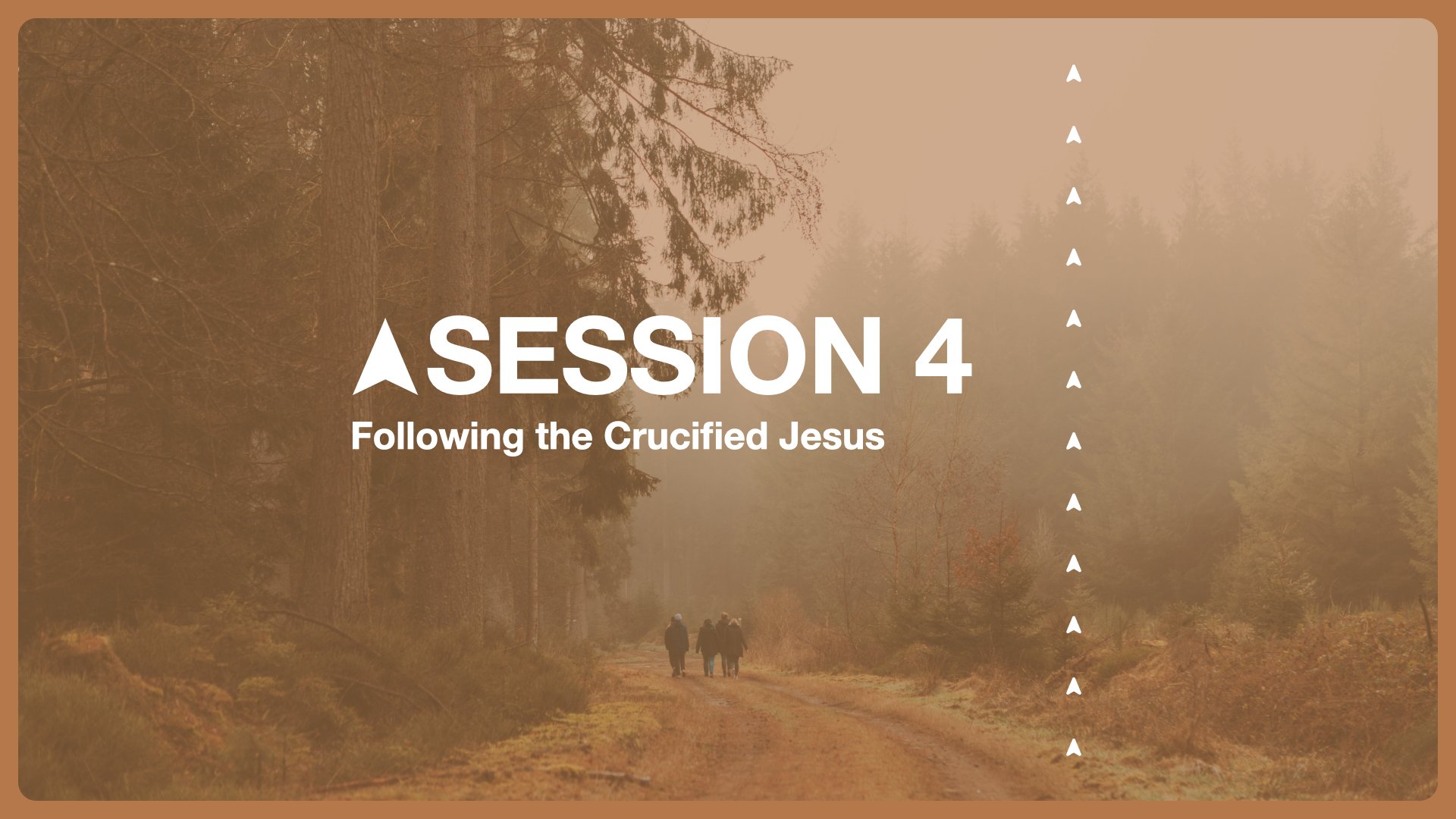SESSION 4 (2022)
SPIRITUAL PRACTICE: Examen
CLICK HERE for the handout on the contemplative prayer of self-reflection (last updated Tuesday, May 24, 2022, with grammatical corrections)
LEG 1 (5/23-6/5)
READING
DFL - Chapter 5: Interior Examination for a World Living on the Surface (19)
DFL - Chapter 6: Deeply Formed Practices of Interior Examination (21)
EHD - Chapter 4: Follow the Crucified, Not the Americanized, Jesus (26)
PREPARING
Read Psalm 139
REFLECTING
Reflect on the following questions regarding the reading, writing in your journal:
Fill in the blanks: What I am beginning to realize about God this week is _______. What I am beginning to realize about myself this week is _______. (EHS-WB, p34)
Be popular vs reject popularity): Most of us place a higher premium on what other people think than we realize. In what ways might the temptation to be popular be uniquely challenging for leaders in your context? In what ways, if any, has it led you to do and say things to impress people or to make decisions you might not otherwise have made? (EHD, 66-69
Be great vs. reject great-ism: Greatness-ism is preoccupied with status, power, and privilege. The alternative is lowliness, a humility that expresses itself in a willingness to be curious, open, flexible, and teachable - regardless of the title or position we hold. When are my plans and ambitions legitimately for the glory of God, and when do they cross the line into my own desire for greatness? What opportunities has God placed before me to be lowly with the lowly, to be little with the little? (EHD, 69-73)
Be successful vs. reject success-ism: According to Jesus, success is becoming the person God calls you to become and doing what God calls you to do - in his way, and according to his timing. The final temptation Satan posed to Jesus in the desert was to do what God had called him to do but not in God’s way or according to God’s timetable. In what ways might this be a temptation for you, in your: a) personal / family life, b) vocation / professional life, and c) walk with Jesus / spiritual life? (answer for each of these three spheres) (EHD, 73-75)
Avoid suffering and failure vs. embrace suffering and failure: Jesus had a choice: to leave the cross or stay on it. Out of love for us, he chose to stay, facing suffering in the fullness of his humanity rather than avoiding it. In what ways do I try to avoid the suffering and failure Jesus might be setting before me? Before whom do I most dread looking foolish? (EHD, 75-78)
As you were growing up, how did your family “do emotions” in your household? What emotions were acceptable or encouraged, and how were these emotions displayed or modeled? What emotions were discouraged? (DFL, CH5)
Rich writes that “limited reflection usually leads to dangers reaction.” Describe a situation where this was true of you. How could further reflection have helped your response to the situation? (DFL, CH5)
Compartmentalization is about cutting off parts of ourselves, which leads us to greater fragmentation, away from the whole selves God has created us to be. What are the parts (e.g. difficult emotions, various aspects of yourself, etc.) that you have had a hard time integrating into your life with God and the surrounding world? (DFL, CH5)
What are one or two “positive legacies” you have received from your family of origin that you celebrate? What are one or two “negative legacies” that you must continue to work through? (DFL, CH6)
Think of a recent moment of desolation from your practice of the examen and work through the following questions that Rich provides in chapter 6 of The Deeply Formed Life: What happened? What am I feeling? What is the story I’m telling myself? What does the gospel say? What counter-instinctual action is needed? (DFL, 125)
LEG 2 (6/6-6/19)
READING
TCD - Section 1 (including Introduction): Grace and Discipleship (67)
PRAYER - Excerpt from Following Jesus by Henri Nouuwen (CLICK HERE to download the PDF)
REFLECTING
Reflect on the following questions regarding the reading, writing in your journal:
Cost Grace (CH1): What Bonhoeffer defines as cheap grace in the opening chapter (TCD, 44-45) continues to plague both the church and our lives today. It is “grace without discipleship, grace without the cross, grace without Jesus Christ, living and incarnate.” (TCD, 45) How has cheap grace infected your life? What might be holding you back from pursuing “costly grace”?
The Call to Discipleship (CH2): Bonhoeffer our response as followers of Jesus to be “an act of obedience, not [just] a confession of faith in Jesus.” (TCD, 57) Where in your life might you be entrenched, standing still, and clinging to an old way of life that is preventing you from faithfully following the way of Jesus?
The Call to Discipleship (CH2): It is difficult to follow someone you do not know, do not respect, or do not trust. How might your lack of knowledge of Jesus be holding you back from faithfully following the way of Jesus? Where in your life are you not respect Jesus as Lord? What may have caused you to not fully trust Jesus?
The Call to Discipleship (CH2): How does faith relate to obedience? Why is thinking about this important? (pp. 62-64)
The Call to Discipleship (CH2): What’s so deceptive about the question “Who is my neighbor?” Who are you prone to exclude from your definition of neighbor? “Neighborliness is not a quality in other people, it is simply their claim on ourselves.” (TCD, 78) Have you ever thought about neighbor this way? How does this change the way you deal with (all) others?
The Call to Discipleship (CH2): We are sometimes prone to follow Jesus, but only on our own terms. Jesus, however, “alters the whole position, for discipleship can tolerate no conditions which might come between Jesus and our obedience to him.” (TCD, 61) What terms have you demanded in order to follow Jesus? What of his terms have you rejected?
Single-Minded Obedience (CH3): We are often lawyers in search of loopholes. What are a couple of ways you might be “trying to evade the obligation of single-minded, literal obedience”? (TCD, 79-81)
Discipleship and the Cross (CH4): Have you ever truly suffered because of your faith or for faithfully following the way of Jesus? If so, describe how this situation formed you more into the image of Christ.
Discipleship and the Cross (CH4): “If we refuse tot take up our cross and submit to suffering and rejection at the hands of [others], we forfeit our fellowship with Christ and have ceased to follow him.” (TCD, 91) Think of a time you chose to avoid suffering because of your faith, even if it seems like a trivial situation.
Was there anything from Bonhoeffer’s writing that you disagreed with? If so, a) what questions would you ask him and b) how would you respond if you were able have a discussion with him?
LEG 3 (6/20-7/3)
READING
PPG - 11th to 15th Letters (12)
TDJ - Chapter 1: The Goal (10)
TDJ - Chapter 2: Into the Jungle: The False Self (25)
TDJ - Chapter 3: The Idol in the Box: The Religious False Self (22)
REFLECTING
Reflect on the following questions regarding the reading, writing in your journal:
What is one step you can take today to quiet the noise in order to listen more attentively to the voice of Jesus and slow down in order to live more faithfully to the way of Jesus? (EHS-WB, p26)
Fill in the blanks: What I am beginning to realize about God this week is _______. What I am beginning to realize about myself this week is _______. (EHS-WB, p34)
In his 14th letter, Brother Lawrence says, “I prayed for strength to suffer with courage, humility, and love”, declaring, “Ah, how sweet it is to suffer with GOD!” (PPG, 69) As you reflect on your desolations over the past week, how have you seen your suffering as being “with God” rather than apart from Him?
Read Jesus’ prayer in John 17:20-26, where Jesus shares how the purpose of the Christian life is to be in loving union with God - and that the source of this loving union with God lies in His unfathomable love for us. As you reflect on your consolations over the past week, how have you experienced God’s love? (TDJ, CH1)
The essence of the false self is when we identity our self in radical separation from God, others, and creation. Throughout human history this false self has led to destructive behavior toward others for political, economic, social, or other purposes. Describe one way you have recently found yourself separating from: a) God, b) God’s people (friends, family, church, etc), and c) God’s creation. What are the consequences of such behaviors that you have experienced in your own life, both a) because of that behavior in others and b) because of your own behavior? (TDJ, CH2)
Fear is a distinguishing characteristic of the false self; we fear we might not be valued and so compensate by finding our identity in our performance - “I am what I do.” In what ways do you find your value in what you do? (TDJ, CH2)
A corollary of our false self’s fear is protectiveness; our false self constructs attitudes, habits, relationships, and modes of interacting with the world that define our identity and protect us from real or imagined threats. What are a couple of things your false self is protecting you from? How do you go about protecting yourself? What blessings might your false self actually be causing you to miss out on?
Read the prayer at the conclusion of Chapter 2 (TDJ, 45) followed by a couple minutes of silent reflection, asking the Holy Spirit to reveal aspects of your false self. What is one step you can take toward abandoning your false self to God? Share this step with your group. (TDJ, CH2)
What are some of the fears of the religious false self? What are you prone to do in response to those fears? (TDJ, CH3)
Sometimes our religious false self hides its fear behind a wall of activity in order to validate our identity. We focus on our attendance in worship services and church related events, our Bible reading plan, etc. - reassuring ourselves that our religious identity is secure. How have you seen yourself finding your identity in doing for God rather than being with God? Who are you most trying to impress or display this religious false self to? How might this behavior be negatively impacting your ability to have a deeper, more intimate relationship with God? (TDJ, CH3)
PUBLISHED: Wednesday, May 18, 2022, at 9:30AM
UPDATED: Friday, June 3, 2022, at 1:06PM (Added Leg 3 reflection questions)

